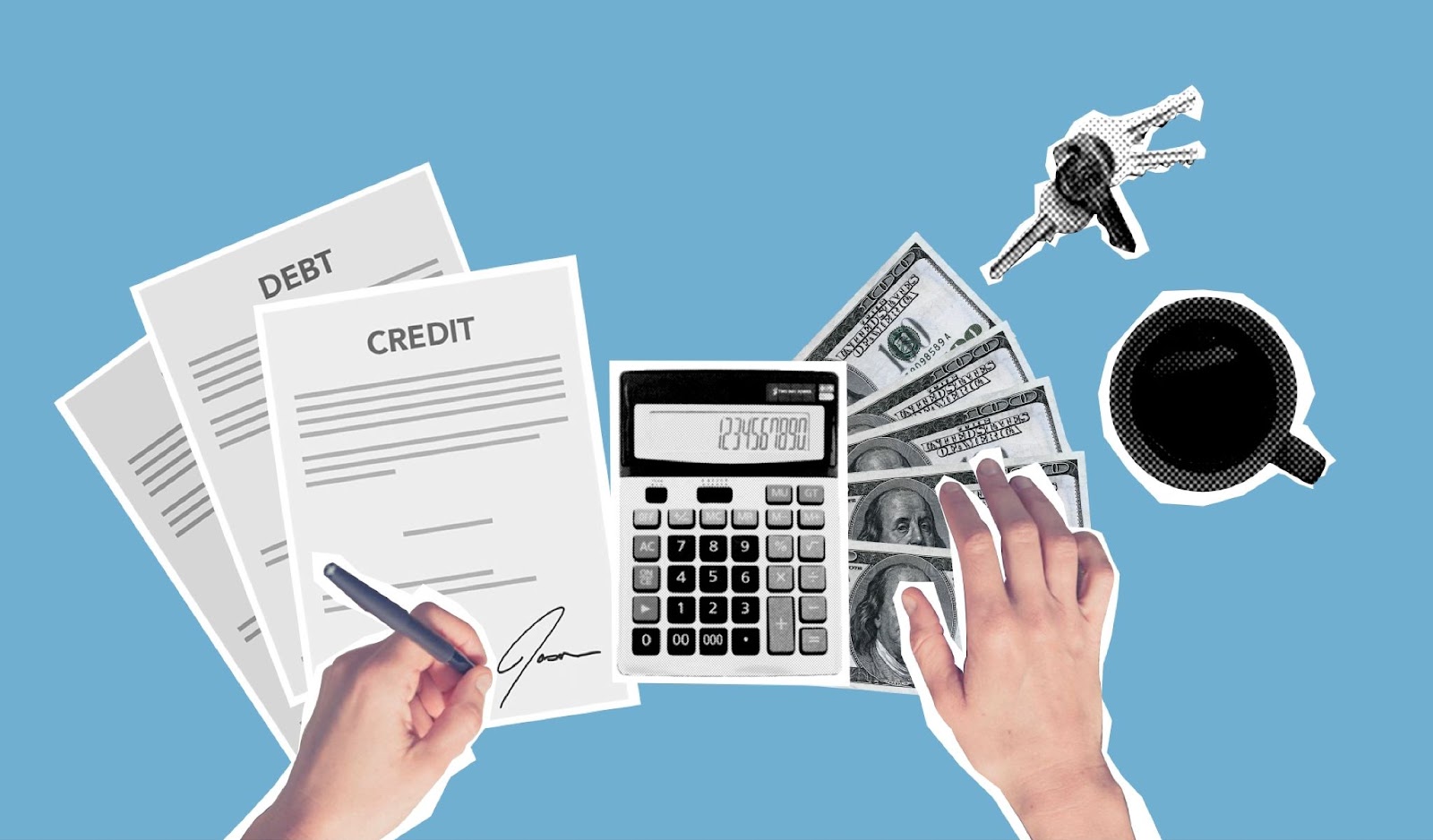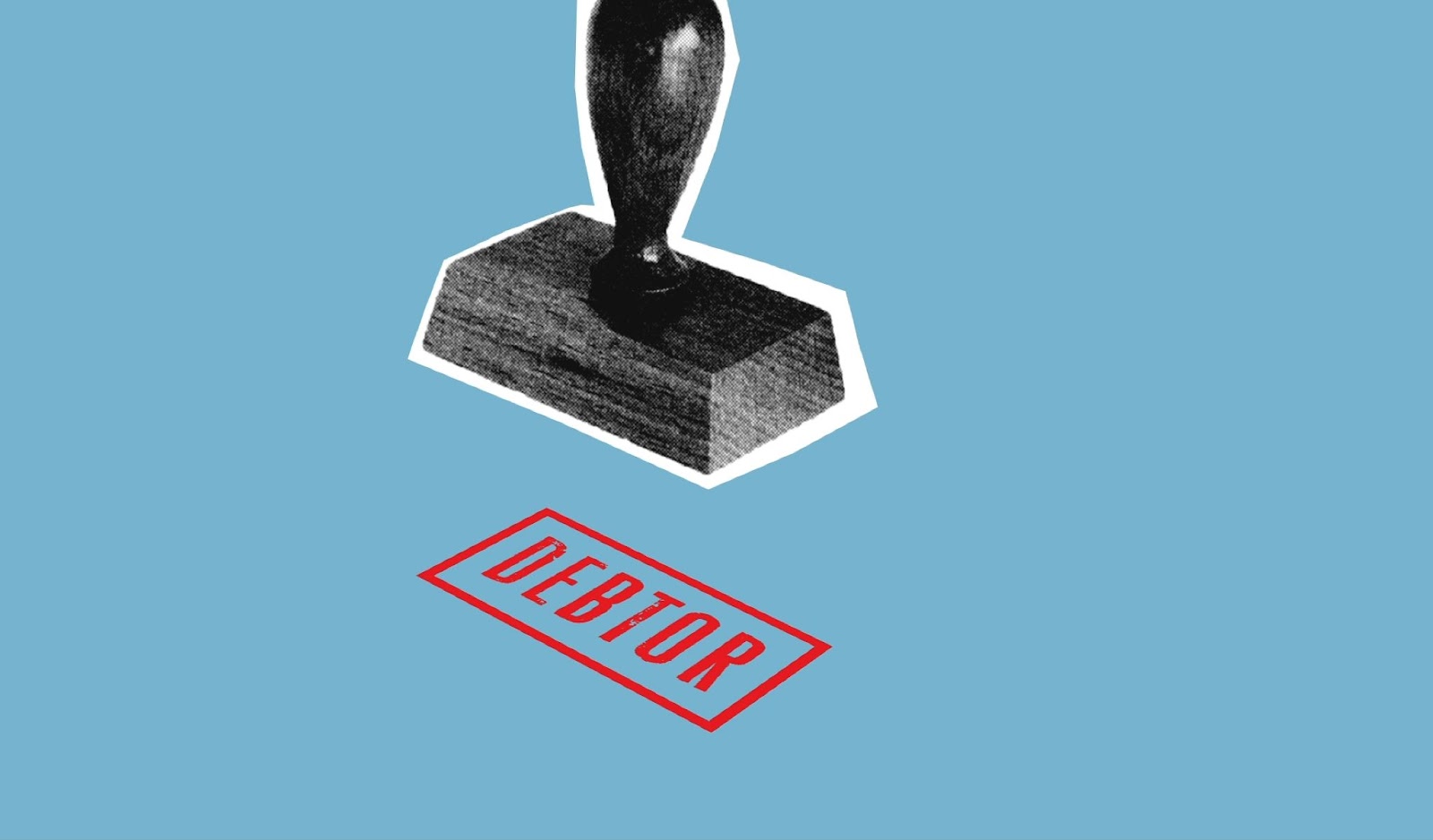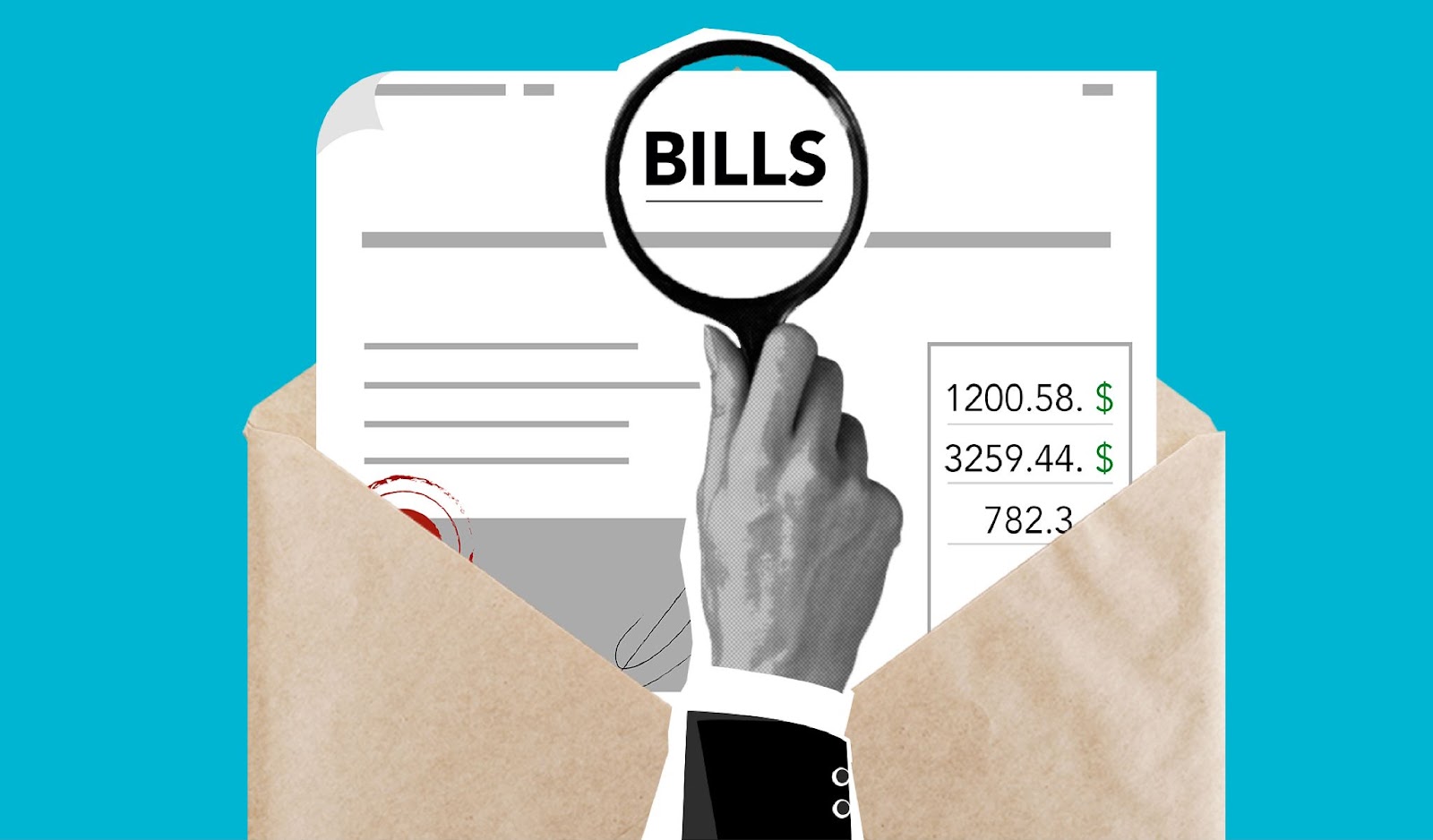Comments
- No comments found

Managing cash flow is more crucial than ever.
It’s the lifeblood of your enterprise, ensuring you can cover operational costs, invest in growth, and remain solvent.
While most entrepreneurs understand the importance of cash flow, many find it challenging to manage. And, amid this challenge lies the danger of accumulating bad business debt. But fear not, by being proactive and informed, you can successfully navigate these financial waters.
Here are some key points to consider when managing cash flow and sidestepping potential business pitfalls.

It's essential to understand the legal implications tied to business debts and cash flow management. By having a clear grasp of the relevant regulations and laws, you're better positioned to make informed decisions.
For instance, if you’re uncertain about tax implications related to your cash flow or debt, it's wise to seek expert advice. There are many great things to learn about at Tax Law Advocates. They can offer insights into the intricacies of tax laws and their impact on your business finances. Having a legal perspective ensures you remain compliant and avoid potential pitfalls that could lead to hefty fines or other issues.
Effective cash flow management hinges on the ability to forecast and review your financial situation regularly. It involves assessing your current cash position, estimating future cash inflows and outflows, and making necessary adjustments.
Through regular review, you can identify any looming cash shortages, ensuring you're equipped to handle them in a proactive manner rather than a reactive one.
One of the primary ways to avoid bad business debt is by maintaining a healthy cash reserve. This reserve acts as a buffer during challenging times, such as when faced with unexpected expenses or when business is slow. Without a cash reserve, you might be tempted to take on debt to cover these shortfalls, which can quickly spiral out of control if not managed properly.

Being vigilant about your expenses is crucial. Regularly review all business costs and identify areas where you can cut back without compromising on the quality of your products or services.
This might involve renegotiating contracts, seeking bulk purchase discounts, or simply finding more cost-effective suppliers. By minimizing unnecessary expenses, you enhance your cash flow and reduce the need to incur debt.
When it comes to paying off your business debts, always prioritize. Address the high-interest debts first, as they can quickly accumulate and place a strain on your finances. Additionally, foster good relationships with your suppliers.
By communicating openly and negotiating payment terms when necessary, you can maintain crucial business relationships while managing your cash flow effectively.
On the revenue side, ensure that your payment terms with clients are clear and strict. Be transparent about your expectations and the consequences of late payments. Offer incentives for early payments if possible.
Remember, when your clients delay payments, it affects your cash flow, potentially leading to bad business debt if you’re not careful.

Sometimes, despite our best efforts, businesses face cash flow challenges. Instead of resorting to high-interest loans, consider alternative financing methods. This might involve invoice factoring, where you sell your unpaid invoices to a third party for a fee. This way, you get immediate cash, helping you bridge any cash flow gaps without accumulating bad debt.
If you do take on debt – ensure you're consistently monitoring and managing it. This involves understanding the terms of your loans, the interest rates, and ensuring you’re making timely payments.
Don’t let debts accumulate and spiral out of control. Address them head-on and formulate a plan to pay them off efficiently.
Lastly, don’t be afraid to seek external expertise. Financial advisors, accountants, or business consultants can provide invaluable insights into managing your cash flow and avoiding bad debt. Sometimes, an external perspective can highlight areas you might have overlooked, ensuring your business remains on solid financial ground.
Managing cash flow and avoiding bad business debt are two sides of the same coin. By ensuring a steady cash flow, you lessen the need to take on risky debts. And by being prudent about any debts you do take on, you protect your cash flow. In the world of business, forewarned is forearmed. By keeping the above points in mind and regularly revisiting your financial strategies, you can keep your business thriving and debt at bay.
Leave your comments
Post comment as a guest